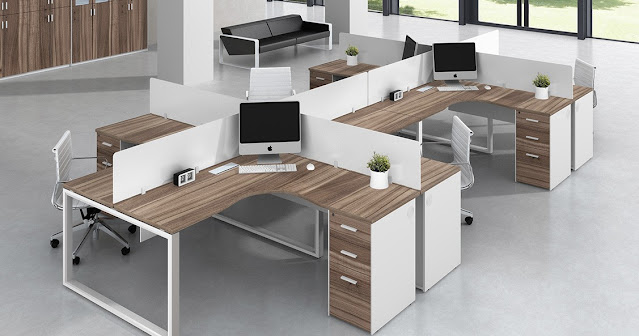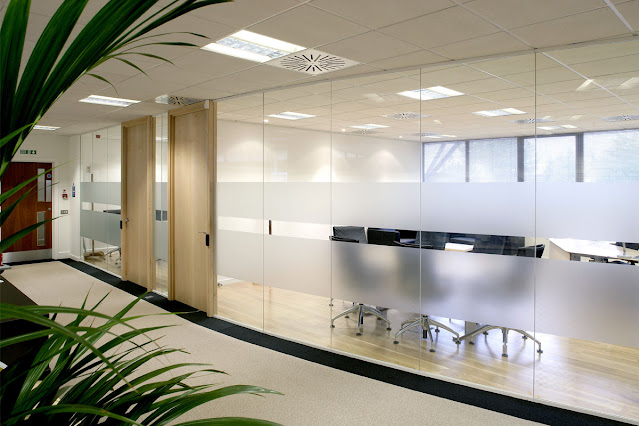Creating an Efficient Workspace: The Importance of Workstations
What is a Workstation?
A workstation is a designated area in a workplace that is specifically designed for a particular task or job function. It typically includes a desk or table, seating, and equipment and tools necessary to perform the task. Workstations can be used in a variety of settings, such as offices, manufacturing facilities, and healthcare facilities.
Benefits of Workstations
Workstations provide many benefits to employees and employers alike. For employees, having a designated space to work in can increase productivity and focus. It also helps to reduce distractions and creates a sense of ownership and responsibility for the task at hand. For employers, workstations help to create an organized and efficient workplace, which can lead to increased productivity and overall profitability.
Types of Workstations
There are many different types of workstations available, each designed for specific tasks and job functions. Some common types of workstations include computer workstations, assembly workstations, drafting workstations, and standing workstations. Each type of workstation is designed with specific features and equipment to optimize performance and productivity for the task at hand.
Designing a Workstation
When designing a workstation, it's important to consider the specific needs of the task or job function. This includes the necessary equipment and tools, as well as the ergonomics of the workstation to ensure the comfort and safety of the employee. It's also important to consider the layout and spacing of workstations to optimize flow and minimize distractions.
Maintaining and Updating Workstations
To ensure the continued efficiency and productivity of workstations, it's important to maintain and update them regularly. This includes cleaning and disinfecting workstations regularly, as well as replacing equipment and tools as needed. Updating workstations to incorporate new technology or equipment can also help to improve efficiency and productivity in the workplace.
In conclusion, workstations play an important role in creating an efficient and productive workplace. By designing workstations with specific tasks and job functions in mind, employers can help to optimize performance and productivity. Regular maintenance and updates can help to ensure the continued efficiency of workstations and the overall success of the workplace.



Comments
Post a Comment